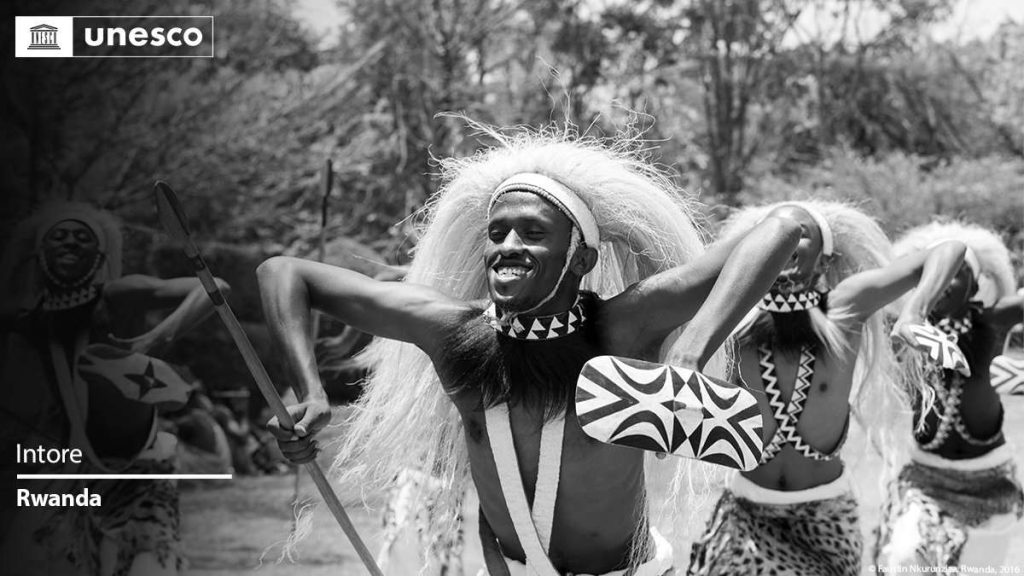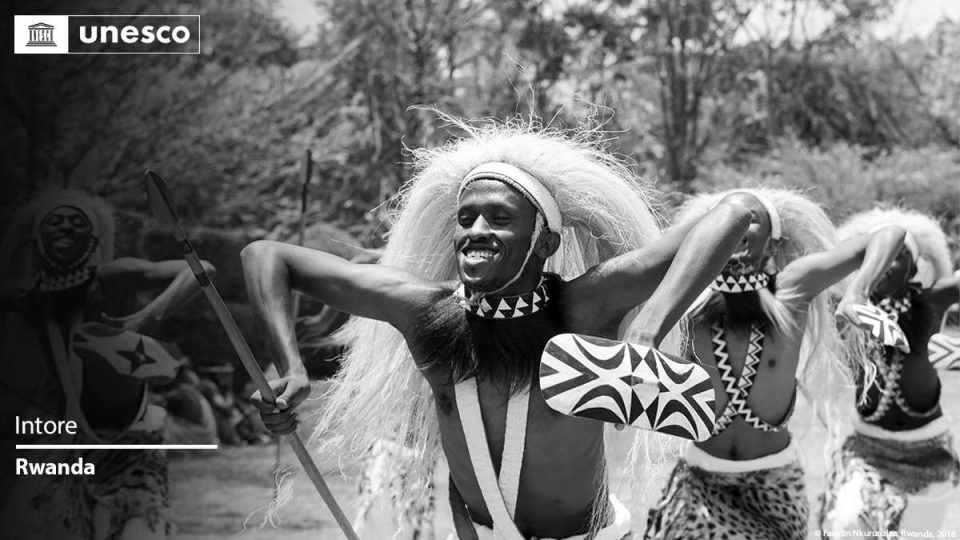This historic announcement was made on December 3, 2024, during the 19th session of the Intergovernmental Committee for the Safeguarding of Intangible Cultural Heritage, held in Asunción, Paraguay.
The Intore dance, known for its energetic and vibrant performances, has gained international acclaim through showcases by the National Ballet, Urukerereza, and other cultural events.
This recognition marks a significant milestone as Intore becomes the first Rwandan entertainment activity to be inscribed on the prestigious list of the world’s intangible cultural heritage.
UNESCO’s Intangible Cultural Heritage List aims to protect and preserve traditions that have been passed down through generations. It now features 678 elements from 140 countries, including traditional fish farming methods in Korea, the art of drawing in Serbia, rose flower processing in Saudi Arabia, and soap making in Palestine. Other notable additions include Wosana, the traditional culture of the Bakalanga people in Botswana; the Indonesian Reog Ponorogo performing art; and the Paraguayan music known as Guarania.
The recognition of Intore follows the inclusion of four memorials of the 1994 Genocide against the Tutsi in Rwanda and Nyungwe National Park on the World Heritage List last year. Intore, which dates back to the reign of King Kigeli IV Rwabugili around 1880, is one of the most cherished forms of entertainment in Rwanda, appreciated by both locals and foreigners. Initially, the dance was reserved exclusively for men and was known as the “Umuhamirizo w’Intore.”
The Intore dance was initiated by Prince Muhigirwa, the son of Rwabugili, who led the Inyaruguru army. The prince introduced this dance within his regiment, and it quickly became a celebrated performance across various military units. Today, the Intore dance combines Burundian drumming and the Rwandan art of spear combat, with dancers often performing with spears and shields to depict scenes reminiscent of a battlefield.
The dance, initially performed at the royal court during ceremonies, later spread to the general public through lessons taught in the national Itorero, where individuals learned and mastered it. The recent UNESCO recognition has been met with widespread celebration in Rwanda. Louise Mushikiwabo, the Secretary General of Francophone, expressed her joy on social media, congratulating the team in France and celebrating this cultural milestone.
Intore remains at the heart of community events and celebrations in Rwanda, such as harvest festivals and welcoming distinguished guests. The UNESCO inscription not only acknowledges the cultural significance of the Intore dance but also ensures its preservation for future generations.



